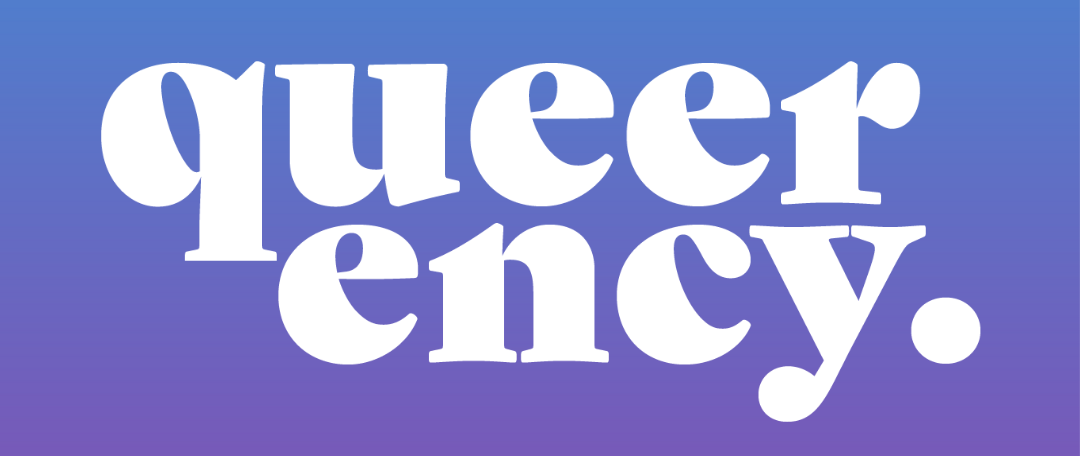Productivity isn’t about doing more; it’s about doing what matters most with clarity and focus. In a world full of constant pings, deadlines, and distractions, learning how to work smarter can change not only how much you achieve but how you feel while doing it.
Whether you’re an entrepreneur, creative, or anyone balancing multiple projects, these proven techniques will help you sharpen focus, stay consistent, and make meaningful progress each day.
1. Master the Power of Prioritization
The foundation of productivity is knowing what actually deserves your attention. Before diving into your day, identify the top three tasks that will have the greatest impact on your goals.
Try the Eisenhower Matrix, a simple framework that divides tasks into four categories: urgent and important, important but not urgent, urgent but not important, and neither. Focus on the first two and delegate or delete the rest.
When you start with clarity, you work from purpose, not pressure.
2. Use the Two-Minute Rule
If a task will take less than two minutes, do it immediately. This simple rule, made popular by productivity expert David Allen, helps clear small items off your plate before they pile up and drain mental energy.
Sending a quick follow-up email, filing a receipt, or making a short phone call can all be done in moments. Knocking out these micro-tasks early creates momentum and prevents minor to-dos from becoming major stressors later.
3. Work in Focused Blocks
Research shows that our brains work best in concentrated bursts followed by short rest periods. The Pomodoro Technique is a great way to harness this rhythm: work for 25 minutes, take a 5-minute break, and repeat.
After four cycles, give yourself a longer break of 15 to 30 minutes. This structure keeps you from burning out and trains your focus like a muscle.
Adjust the timing to fit your energy level. Some people thrive in 50/10 cycles or 90-minute deep work sessions. The key is consistent focus, not the clock.
4. Protect Your Peak Hours
Everyone has certain hours when their focus, creativity, or problem-solving ability is strongest. Identify those times and guard them. Schedule your most demanding work during those windows and save routine tasks for lower-energy periods.
If you’re most alert in the morning, use that time for strategy or creative thinking. If you find your groove at night, reserve evenings for deep work and use mornings for planning. Working with your natural rhythm makes productivity feel effortless instead of forced.
5. Declutter Your Workspace and Mind
A cluttered environment leads to a cluttered mind. Take a few minutes each day to clear your desk, organize your digital files, and close unnecessary browser tabs.
Equally important is mental decluttering. Keep a running list of ideas or distractions on paper or in a notes app. That way, you won’t lose focus trying to remember them later.
When your physical and mental space feels clear, focus becomes natural rather than forced.
6. Batch Similar Tasks
Switching between different types of work constantly drains attention and increases fatigue. Instead, group similar tasks together—what’s known as task batching.
For example, dedicate one block of time to respond to all emails, another for meetings, and another for creative work. This approach reduces context switching, helps you enter “flow” more easily, and improves efficiency throughout the day.
7. Reflect and Refine Weekly
Productivity isn’t about perfection; it’s about progress. End each week with a short reflection: What did you accomplish? What drained your time or energy? What can you adjust next week?
Writing down your wins helps you recognize growth, while identifying obstacles helps you pivot faster. Over time, this reflection process turns into a feedback loop that improves both performance and well-being.
8. Take Rest Seriously
Rest isn’t a reward; it’s a requirement. Breaks restore creativity, regulate stress, and sustain focus over time.
Schedule downtime into your calendar just like meetings or deadlines. Even short pauses to stretch, breathe, or take a short walk can reset your energy. A productive day depends as much on recovery as effort.
When you rest intentionally, your output becomes more consistent, your ideas sharper, and your work more sustainable.
True productivity isn’t about speed; it’s about direction. By combining focus, structure, and rest, you can achieve more in less time without sacrificing your peace of mind.
Work intentionally, protect your energy, and build systems that support both your ambition and your well-being. That’s how maximum productivity becomes a lifestyle, not a sprint.




